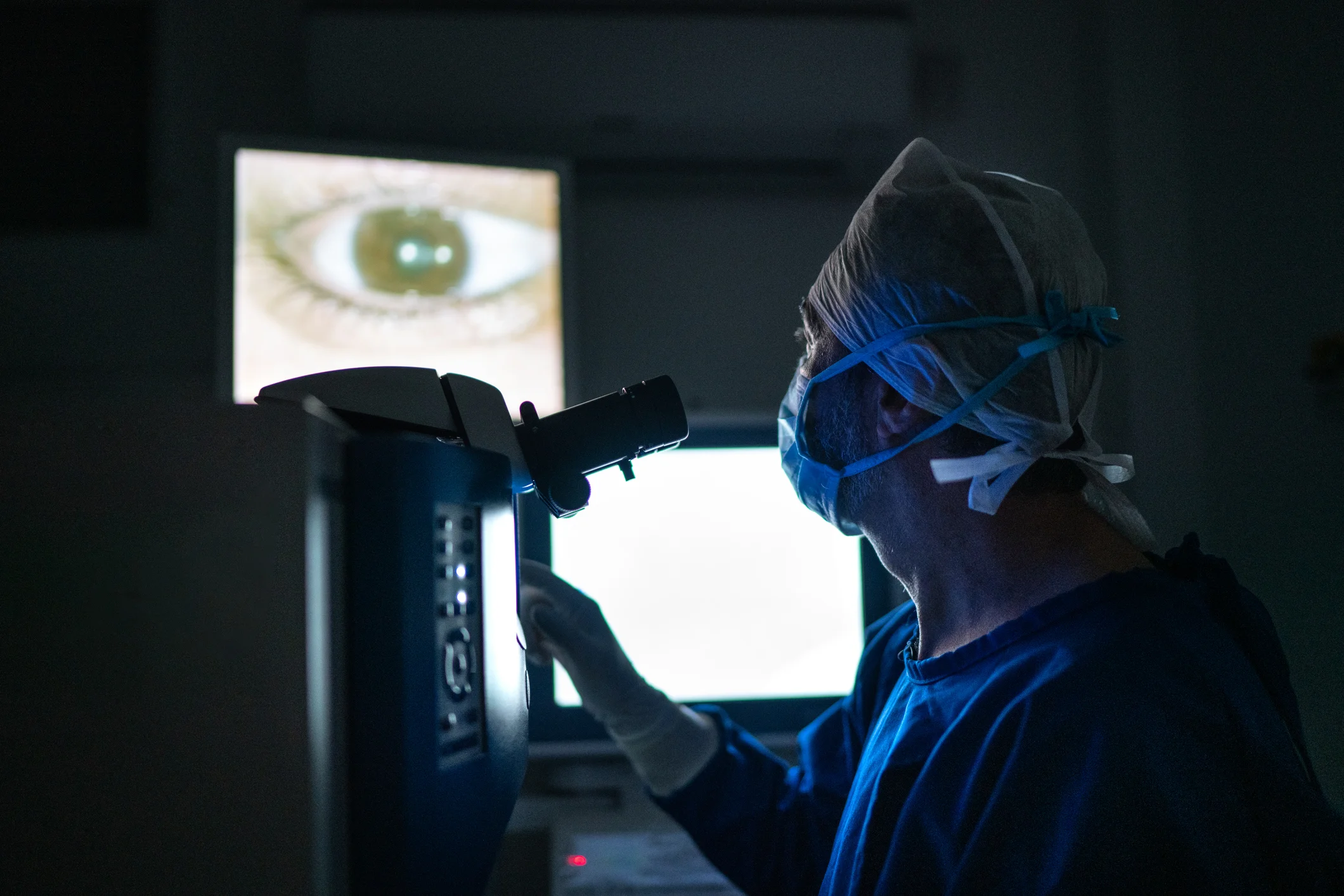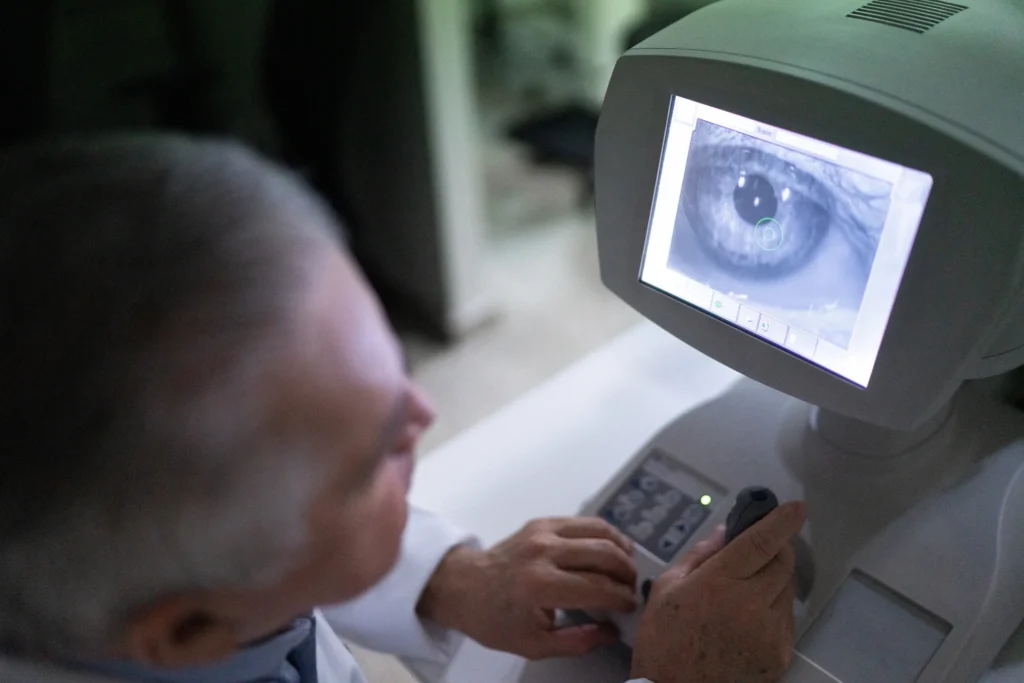Glaucoma Treatment

Restoring Clear Vision and Protecting Your Eyes
At Chesapeake Eye Center, we prioritize your vision and overall well-being. As a premier destination for comprehensive optical care on Delmarva, we are dedicated to providing the highest quality treatments for a range of conditions, including glaucoma.
Our website serves as an information hub, offering valuable insights into glaucoma, its risk factors, and the treatment options available at our practice. Explore our website today and take advantage of the wealth of knowledge we offer.
Understanding Glaucoma
Glaucoma is a complex disease that requires careful management and treatment. It is a chronic eye condition that affects the optic nerve, which plays a vital role in transmitting visual information from the eye to the brain. Although the exact cause of optic nerve damage in glaucoma patients remains elusive, experts believe it is influenced by various factors.
The Risk Factors
Elevated Eye Pressure
One of the most significant risk factors for glaucoma is elevated eye pressure…
Read More
or intraocular pressure (IOP). Increased pressure within the eye can exert stress on the delicate optic nerve, gradually leading to damage.
However, it is important to note that eye pressure is only one aspect of glaucoma development. Not all individuals with high eye pressure may develop glaucoma, and those with normal eye pressure can still be affected by the said condition.
Age
Age is another factor that contributes to the progression of glaucoma. As individuals grow older, the risk of…
Read More
contracting eye problems also increases. Although glaucoma can affect people across all age groups, those over 60 years old are likely to be more vulnerable to this condition.
At Chesapeake Eye Center, we emphasize the importance of regular eye check-ups for older adults. Early detection allows us to provide you with the appropriate treatment that will help protect your vision as you age.
Genetics and Family History
Family history and genetics also contribute significantly to…
Read More
glaucoma development. If a close family member has glaucoma, your own risk of developing the condition increases.
Additionally, certain genetic variations may make some individuals more susceptible to glaucoma. Recognizing this hereditary link allows us to implement proactive measures to protect your vision.
Other Contributing Factors
Several other factors can heighten the risk of glaucoma. Individuals with nearsightedness, a history of eye injuries, or prolonged use of steroids may face an increased susceptibility.
Additionally, certain medical conditions, such as diabetes and high blood pressure, can impact eye health and contribute to glaucoma development. Understanding these risk factors enables us to develop tailored treatment plans and provide specialized eye care.
Identifying Glaucoma: Symptoms and Early Detection
In many cases, glaucoma may not present noticeable symptoms, especially in its early stages. This is why regular eye examinations are crucial for early detection and effective management. By undergoing routine screenings, you can identify any signs of glaucoma promptly.
Symptoms that may indicate glaucoma include frequent changes in eyeglass prescriptions, loss of vision, perception of halos or rainbow-colored rings around lights, difficulty adjusting to darkened rooms, and blurred or foggy vision.

Glaucoma vs. Cataract
Glaucoma and cataracts are both common eye conditions that can affect one’s vision, but they are distinct in terms of their causes and effects on the eyes. Glaucoma is primarily characterized by increased pressure within the eye, leading to optic nerve damage and potential vision loss. It is often referred to as the “silent thief of sight” because it can progress without noticeable symptoms until significant vision loss occurs.
On the other hand, cataracts involve the clouding of the eye’s natural lens, resulting in blurred or hazy vision. They are typically associated with aging but can also be caused by other factors such as eye injuries, medications, or medical conditions. Unlike glaucoma, cataracts can be treated surgically by replacing the clouded lens with an artificial one to restore clear vision.
It is important to consult with an eye care professional for proper diagnosis and management of both glaucoma and cataracts to maintain good eye health and vision.
Diagnosis and Advanced Treatment
If you experience these symptoms or possess risk factors for glaucoma, consulting with an ophthalmologist is essential. Book an appointment with us at Chesapeake Eye Center today.
Our goal is to ensure you receive the best care possible. Whether your condition requires medication, laser therapy, or surgical intervention, our surgeons will discuss the most suitable options for you. We will be your trusted partner in restoring clear vision, protecting your eyes, and maintaining optimal eye health.
